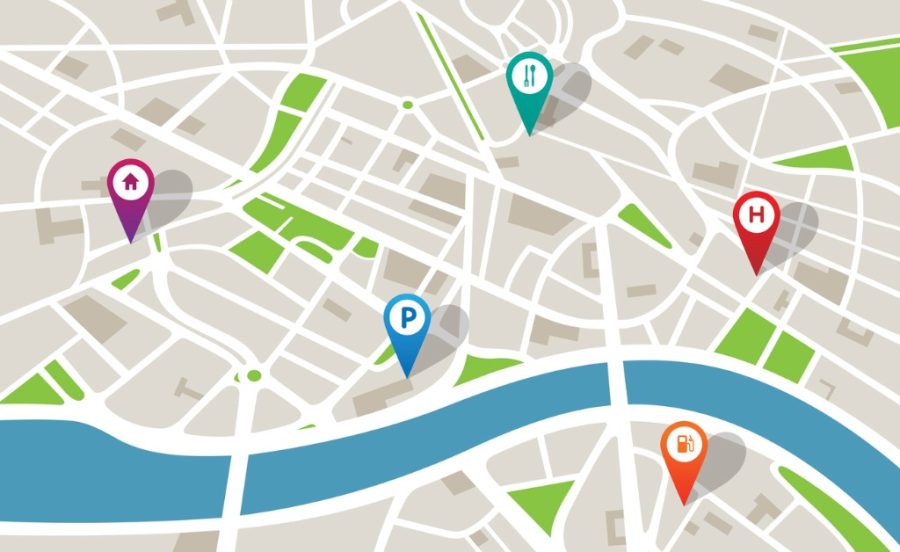
IPPO Cities: Can Devolution and Levelling Up Combat Spatial Inequality?
Henriette Ruhrmann The UK stands out among large wealthy OECD countries for its high levels of regional inequality (Westwood et al. 2021), with residents of the South East having on average higher skill levels, longer life expectancy, and greater productivity than elsewhere in the country (Carter 2022). This productivity gap has widened over the past 50 years (Johns et al. 2020) with inequality within larger regions similarly seeing islands of productivity pulling ahead of the rest. While there are many potential historic causes for the regional productivity gap, including the lingering effects...



